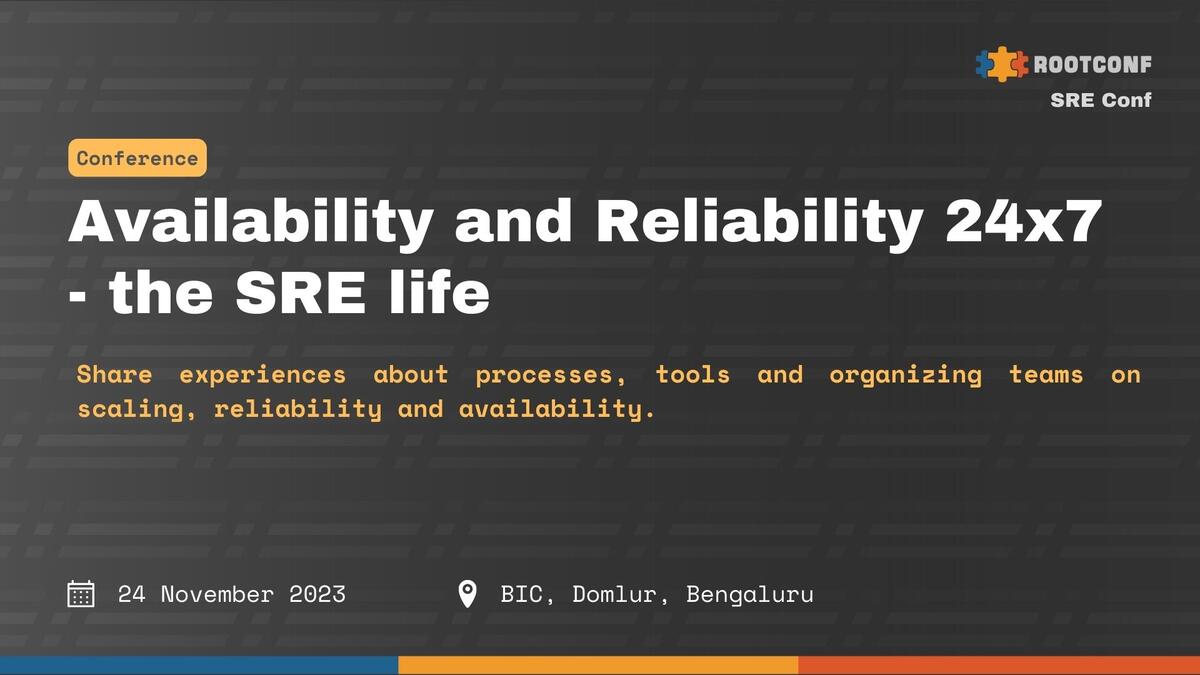Most SREs consider the manager track at some point. But while it’s easy to read about the technical and project management aspects of being an SRE Manager there’s very little about the reality of the day to day job.
In the past 25 years I’ve learned that management is the art of hacking organisations. Much like hacking infrastructure or code it requires many skills. In this talk, we discuss what makes you a good candidate, the key skills you’ll need and what will have to change in how you think about the job.
At some point in their careers most SREs consider pursuing the manager track. Unfortunately, while it’s easy read up about the technical, operational or project management aspects of being an SRE Manager but that is often less than a third of the job.
What do SRE Managers really do? Many people are filled with vague, mistaken ideas of the job gleaned from observation of the limited part of their manager’s job that is visible to them. Without a clear idea of what the job entails, how do you decide if it is something that you want to do?
In many tech companies there is very little management training -- new managers are often dropped head first into the job and are expected to just figure it out. They spend years being ineffective and may end up losing a hard-won opportunity.
In the past 25 years I’ve been a developer, an SRE and a manager. I’ve led all sorts of teams --from ones with 2 people to some with 250 people. I initially saw it as an unpleasant necessity but as I learned more it became fascinating. In the same way how it’s fun to hack technology to get the result you need, the fun of management is hacking organisations to achieve a desired outcome. In this talk, I distill what I’ve learned about this kind of hacking, that is, being a manager.
We start by discussing what characteristics set you out as a good candidate for management. We then go on what SRE managers do. What skills will you need to learn to succeed as a manager? This could be as varied as basic communication skills to reading a balance sheet. However, the most interesting skills may be “meta-skills”, that is, knowing when to apply other skills and what their limits are.
An old aphorism says that “90% of technology problems are actually people problems” so it stands to reason that managers spend most of their time dealing with people. We’ll look at some the problems you’ll face with your team, your peers, your customers or your boss.
Finally, you’ll find that many of your fundamental assumptions don’t apply anymore when you become a manager. The faster you understand this, the faster you’ll become effective. We’ll close by going through some lessons I learned the hard way.
Managing SREs can a rewarding career but it is quite different from being an SRE. Understanding what being a manager is like can help you decide whether it interests you but more importantly it will help you work more productively with your managers.


{{ gettext('Login to leave a comment') }}
{{ gettext('Post a comment…') }}{{ errorMsg }}
{{ gettext('No comments posted yet') }}